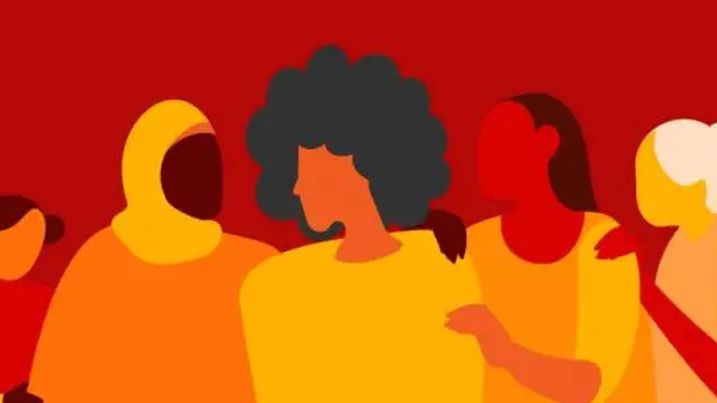Different strokes for different folks – Day 7


Se(di)ngolwa (t)sa Bibele
1 TIMOTHEA 2
1. 1 Tim 2: 8-15 has been used to justify the exclusion of women from positions of teaching, preaching and decision-making. Paul advises Timothy, who is the pastor at the church in Ephesus (1 Tim 1:3) that “a woman should learn in quietness and full submission”. “I do not allow a woman to teach or to have authority over a man; she must be silent. For Adam was formed first, then Eve” (1 Tim 2: 11-13).
(a) What are the reasons Paul gives for not permitting a woman to teach or have authority over a man?
(b) In light of the two creation stories (Day 1 above), what do you think of the reasons Paul gives for why a woman should not be allowed to have authority over a man?
2. The idea that women should learn in quietness and full submission is in conflict with other passages in the New Testament (eg 1 Cor 11:5). Besides, elsewhere Paul speaks highly of women being active in ministry. Women are also Paul’s “fellow- workers” (Philippians 4:2 – 3, Acts 18:24 – 25 and Romans 16:1-16).
(a) To what would you ascribe the different teachings in Paul’s letters?
(b) Have you experienced in your own context (past or present) how some of Paul’s teachings are emphasised in order to exclude women from leadership and decision-making positions, while other Pauline texts that speak of women as teaching and leading figures have been ignored?
(c) What insights have you gained from this study that might advocate against the
exclusion or exploitation of women’s work and time in the church?

